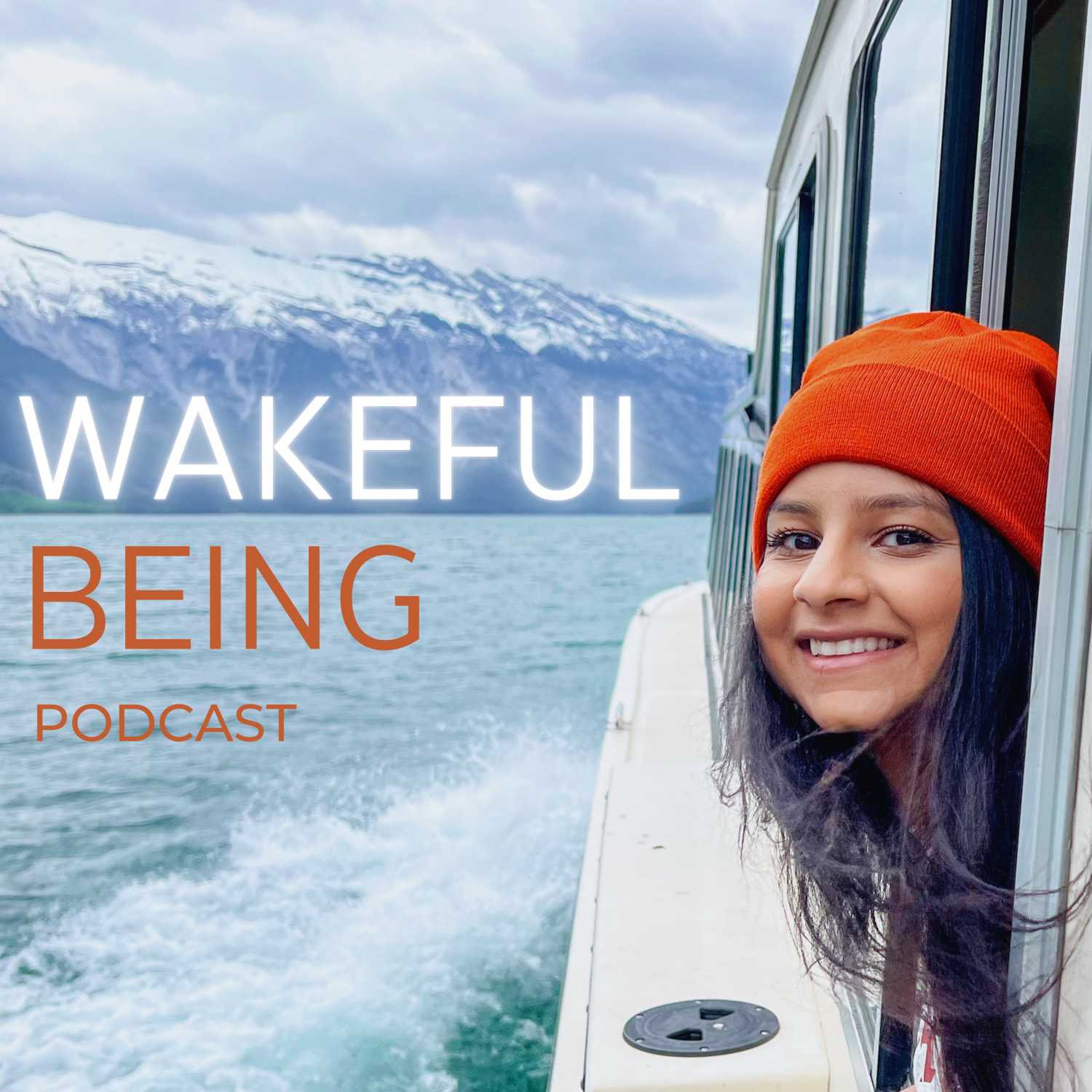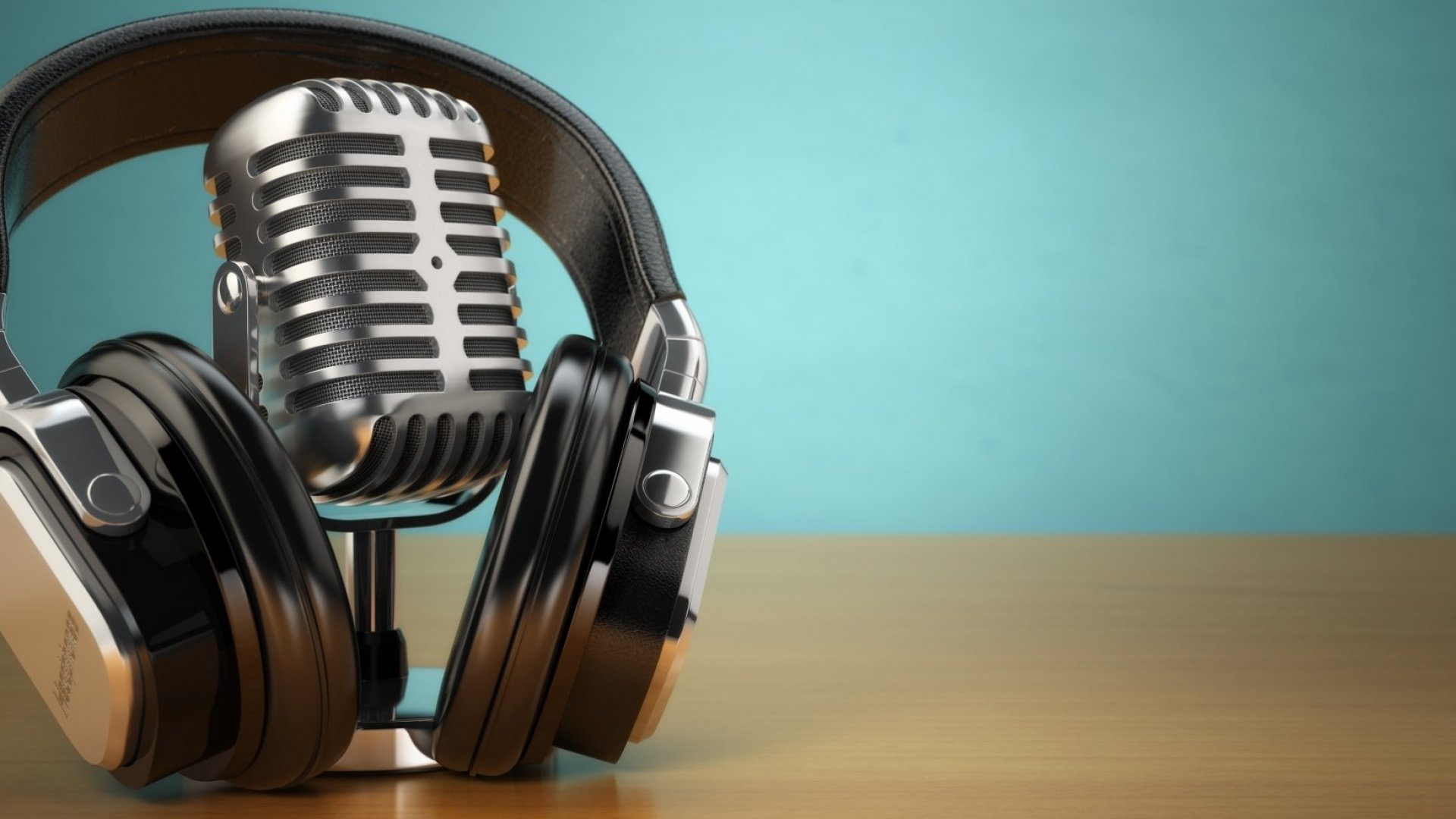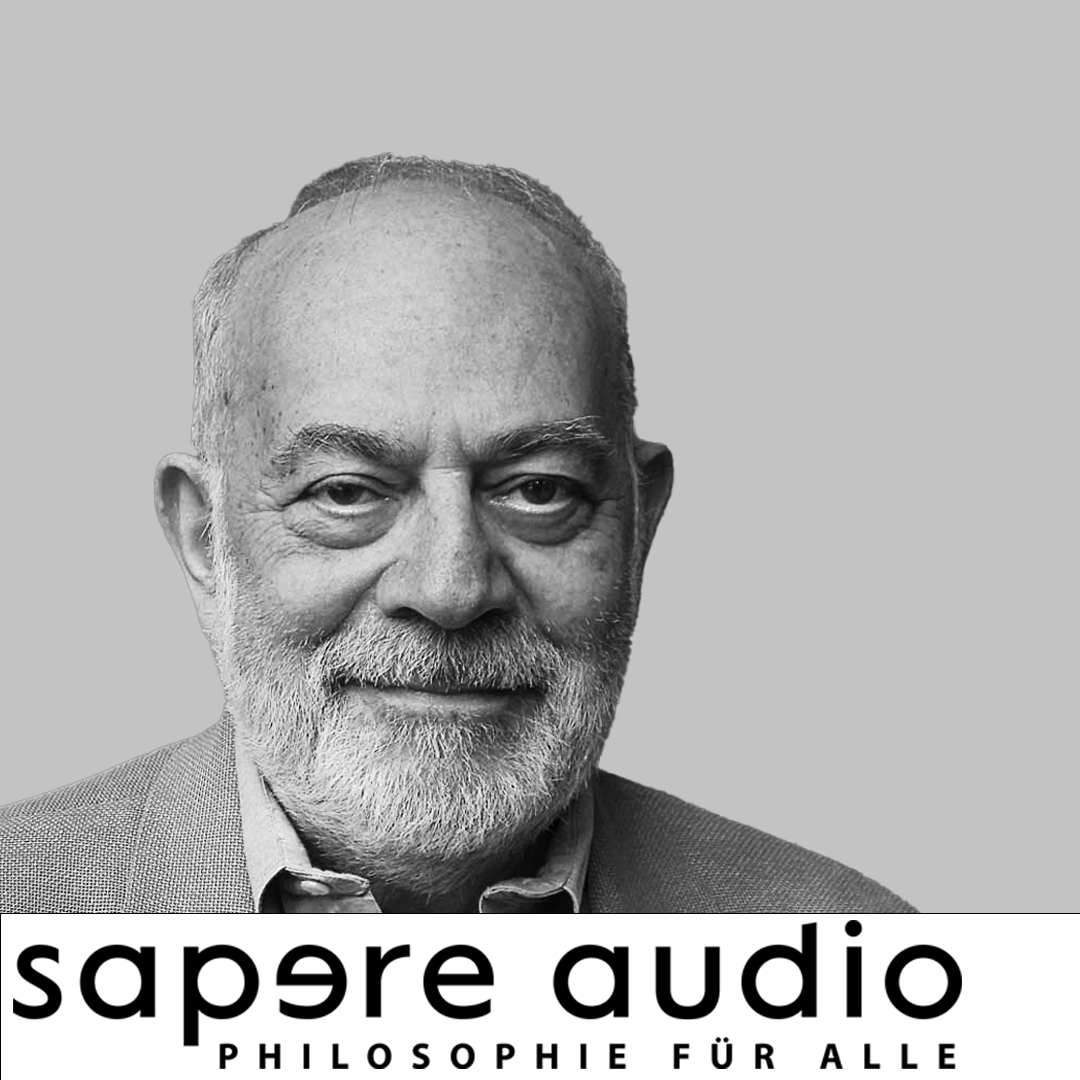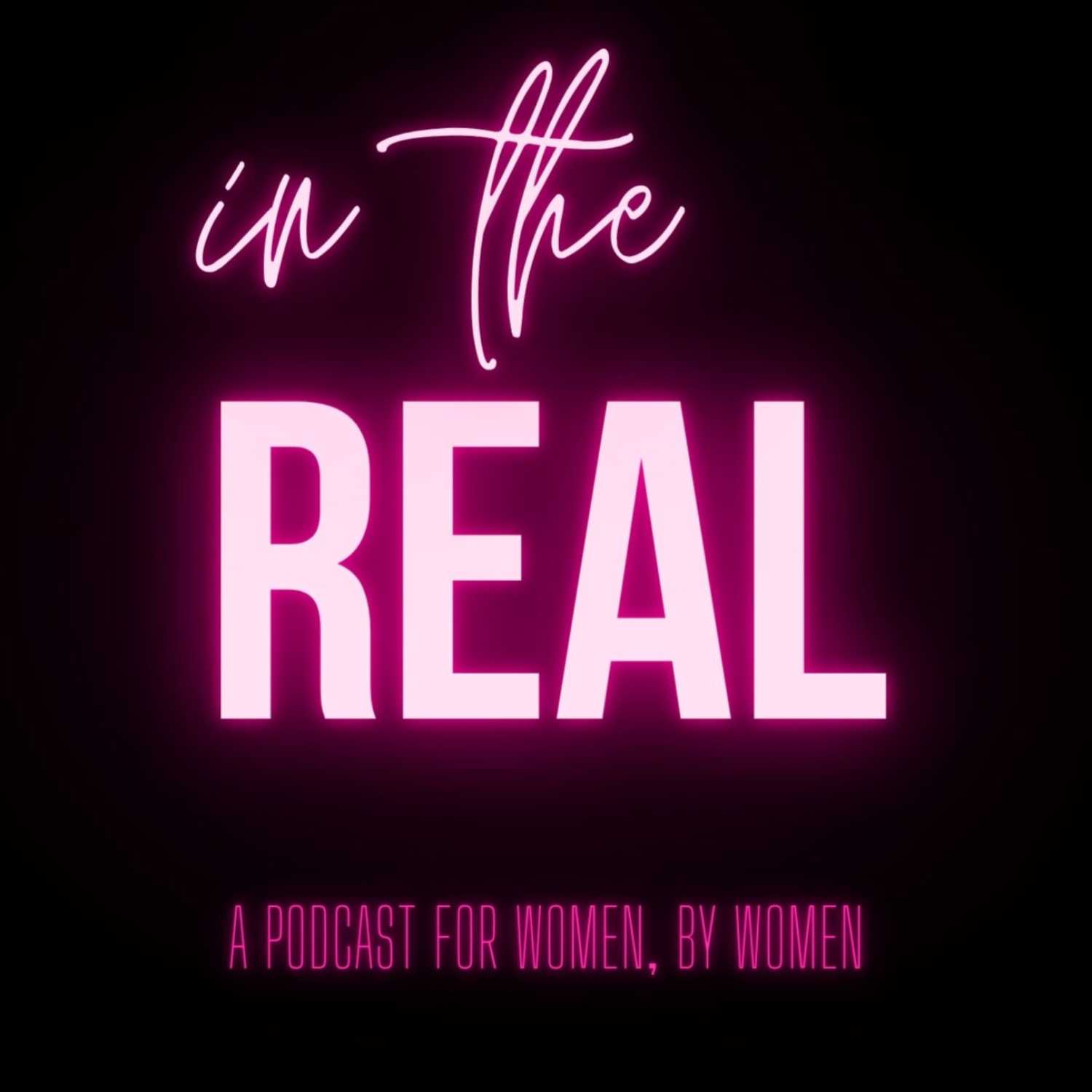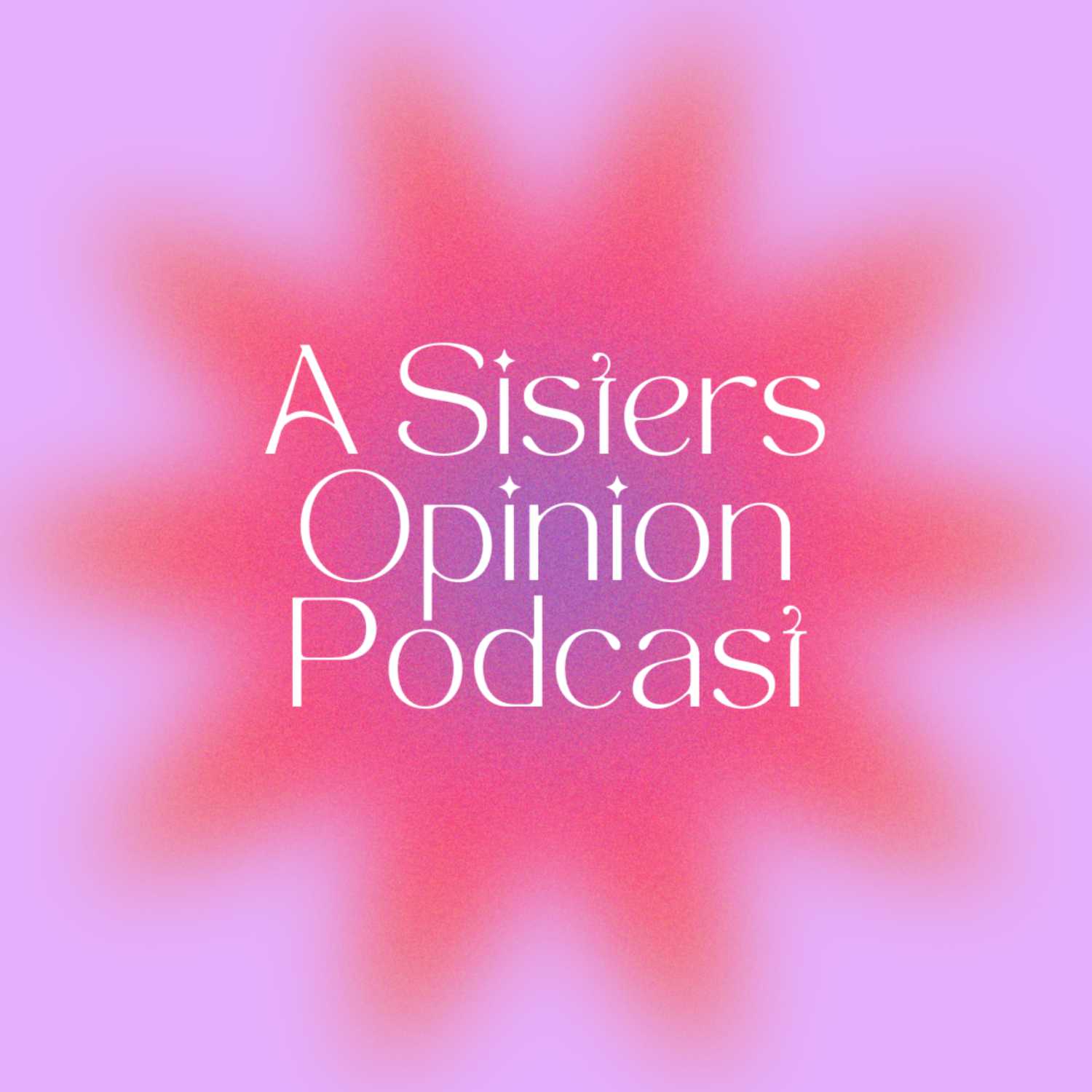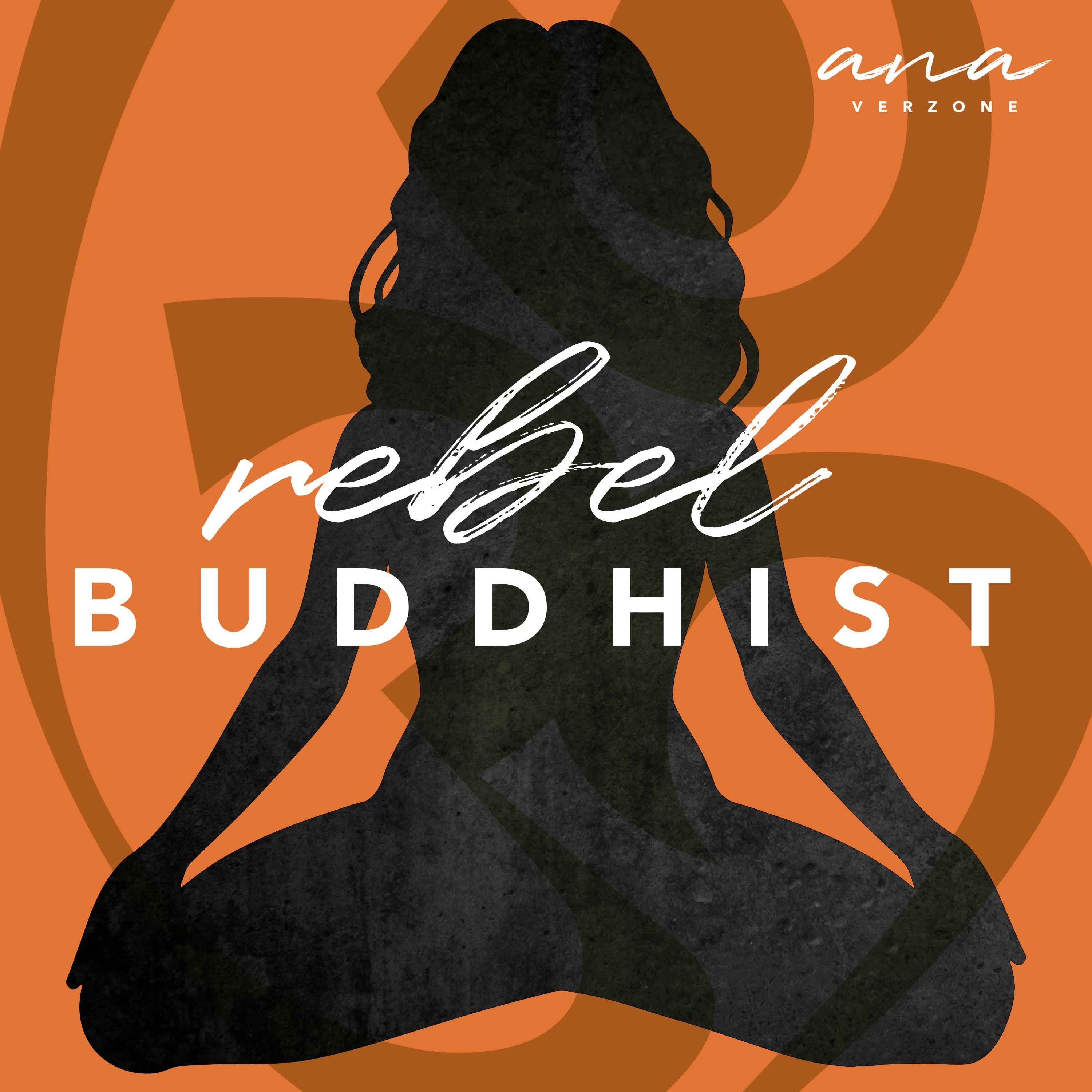How to Reparent Ourselves
One thing that seems to bring out a lot of resistance with my clients is when they’re complaining about their partner and we arrive at the part of the conversation about how what we usually want from our partners is what we need to learn to give ourselves.<br /> And I totally get it - when we go down this path of radical responsibility and start to consider that we need to give ourselves what we need, there’s naturally going to be resistance. Often what we’re longing for is the exact same thing we needed when we were younger that our caregivers didn’t give us – and that as children, we absolutely deserved. To be heard, seen, loved and cared for. So it makes sense that we want someone else to give it to us. While it’s nice when we luck out and someone else meets those needs that we felt we lacked, humans can also be notoriously unreliable, and when we put our happiness in the hands of how other people think, feel and act, we are setting ourselves up for some unnecessary suffering. AND responsibility for our happiness is a crazy heavy burden to put onto someone else. Usually, when two people are dancing this tango, we end up with codependency, when one partner needs the other partner, who in turn, needs to be needed. Yikes. When we are open to the possibility that we can indeed give ourselves what we need – and not require that it comes from someone else – we create more freedom and confidence in our lives. We are available for more joy in our life when we release the need that this all come from someone else. What we can do to give ourselves what we need is reparenting.<br /> Sometimes we may feel it’s “too late,” that we are broken in our fear or abandonment or other wounds. We may believe our fear of being abandoned and our apparent “neediness” will always define us. But this is just story being created by your mind. It is abolsutely possible for you to heal this relationship – yourself.<br /> When we’re reparenting, we’re giving ourselves what we didn’t receive from our caregivers back when we were a kid to help heal those wounds. Because here’s the thing: no matter what kind of kid we were (even if you were a little shit ;) every one of us as a child is worthy and lovable and deserves to be seen, heard, and cared for.<br /> This is a way we can rewrite our past that’s accessible to us right now, so in this episode we go through a few skills we use in reparenting: // We can start with doing the work to discover what we longed for or needed as a child and didn’t receive, and how it affected us. We may not see what it is at first, but one thing I’ve learned over the years which is a tell-tale sign of a wound is when someone is dismissive of painful childhood events. We can ask ourselves questions like: Was I listened to? Did people ignore me or dismiss me? Was my emotional experience validated? Do I tend to resist or distract from my emotions? Do I blame others for my feelings and actions? Do I react and act out? While this may have helped us feel safe growing up, it is usually not helpful or healthy when we use these defense mechanisms as adults.<br /> // We can begin to connect with what reality must have been like for us as a kid. We live in a world that basically tells us to suck it up and grow up. Yet many of us adults still walk around like little children. It takes time and work to support that place of emotional adulthood when it hasn’t been modeled well and when our wounds feel fresh decades later. To to truly heal includes connecting with our inner child and giving that part of us what we needed and deserved.<br /> // Learning what our caregivers couldn’t teach us is often another necessary step. Often they were not able to model for us how to have healthy boundaries, or how to b
